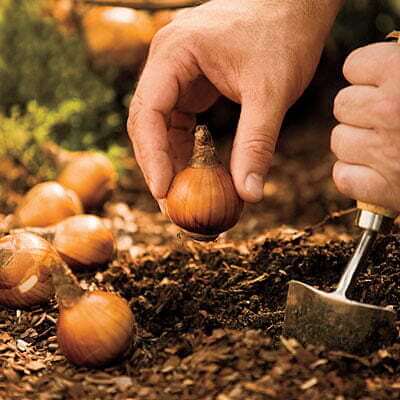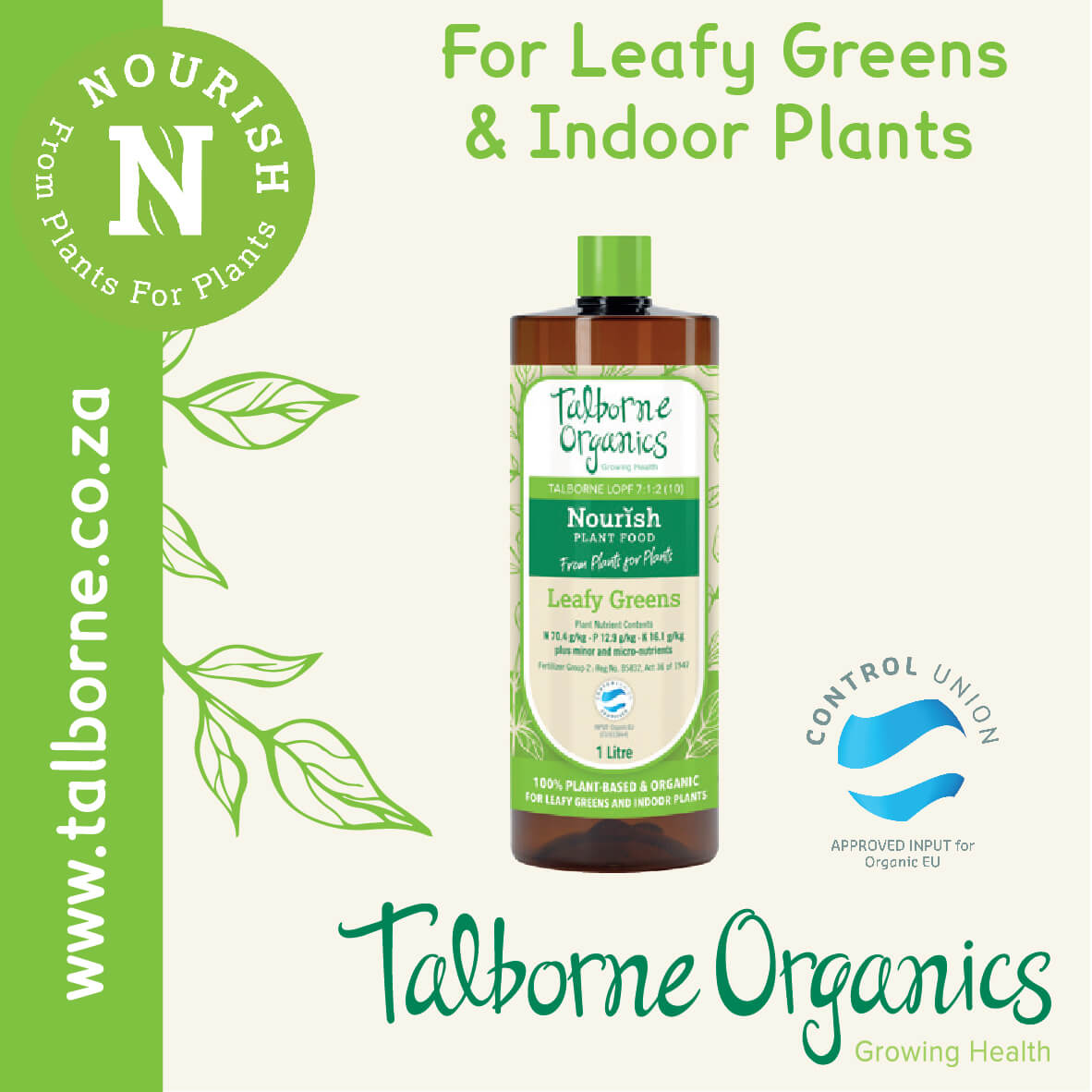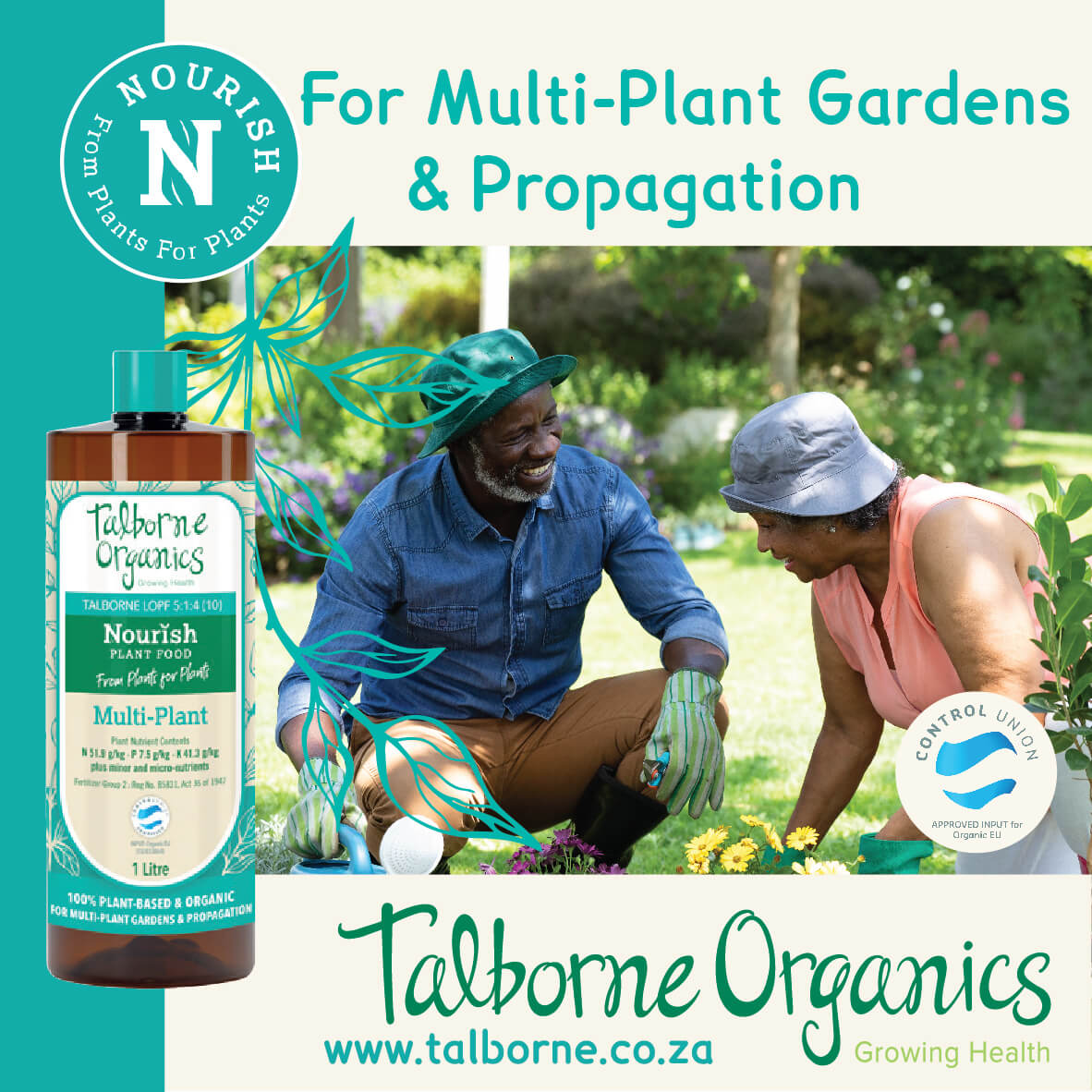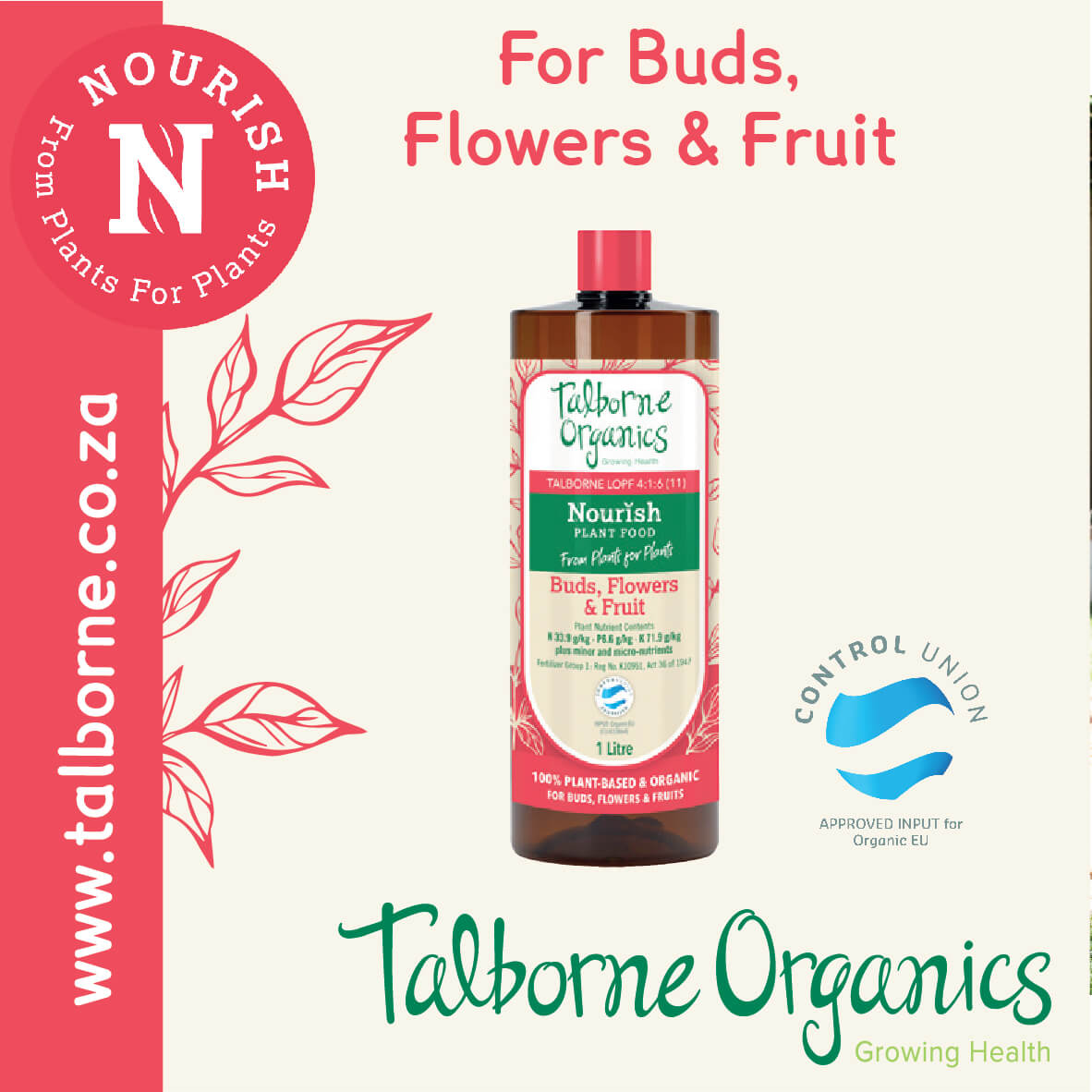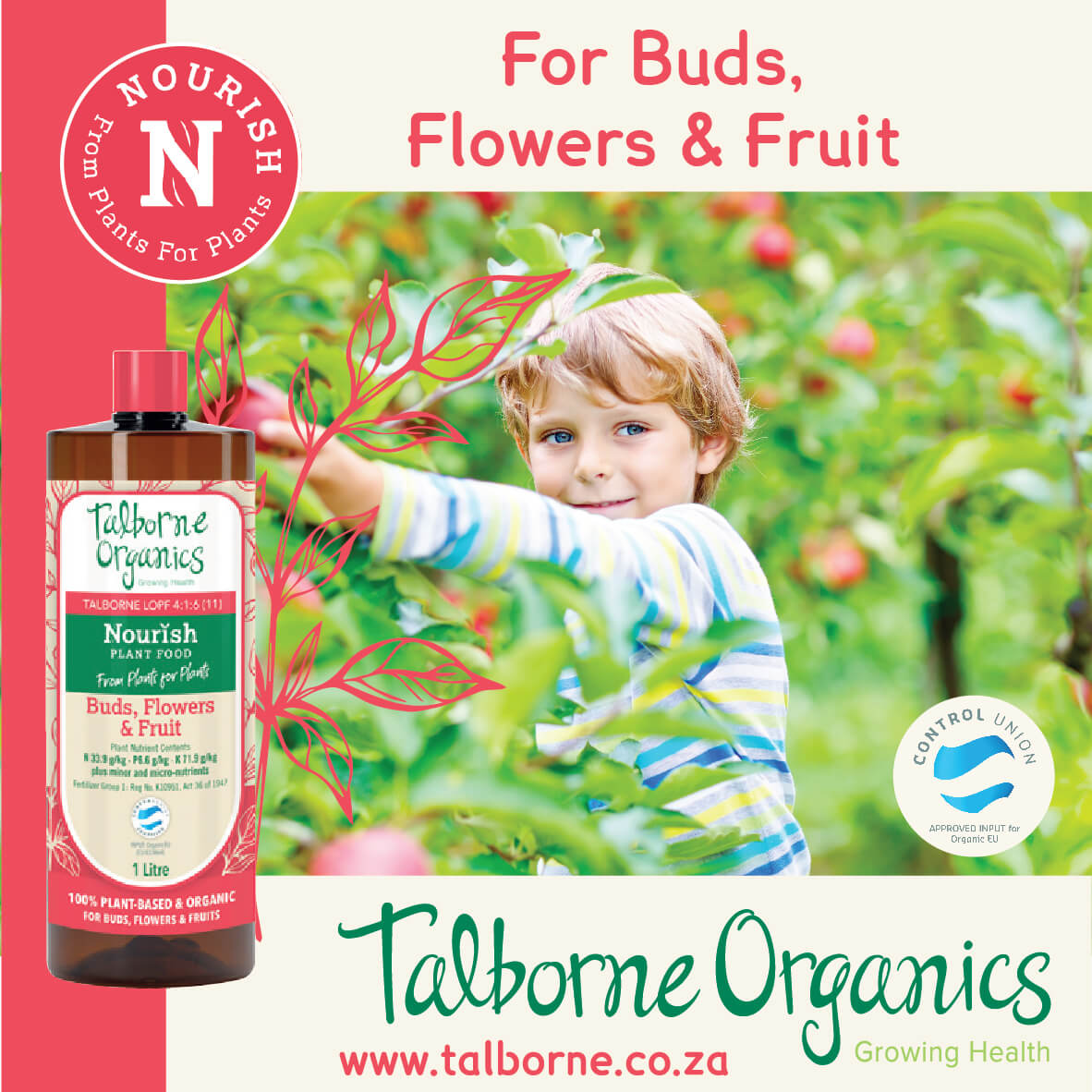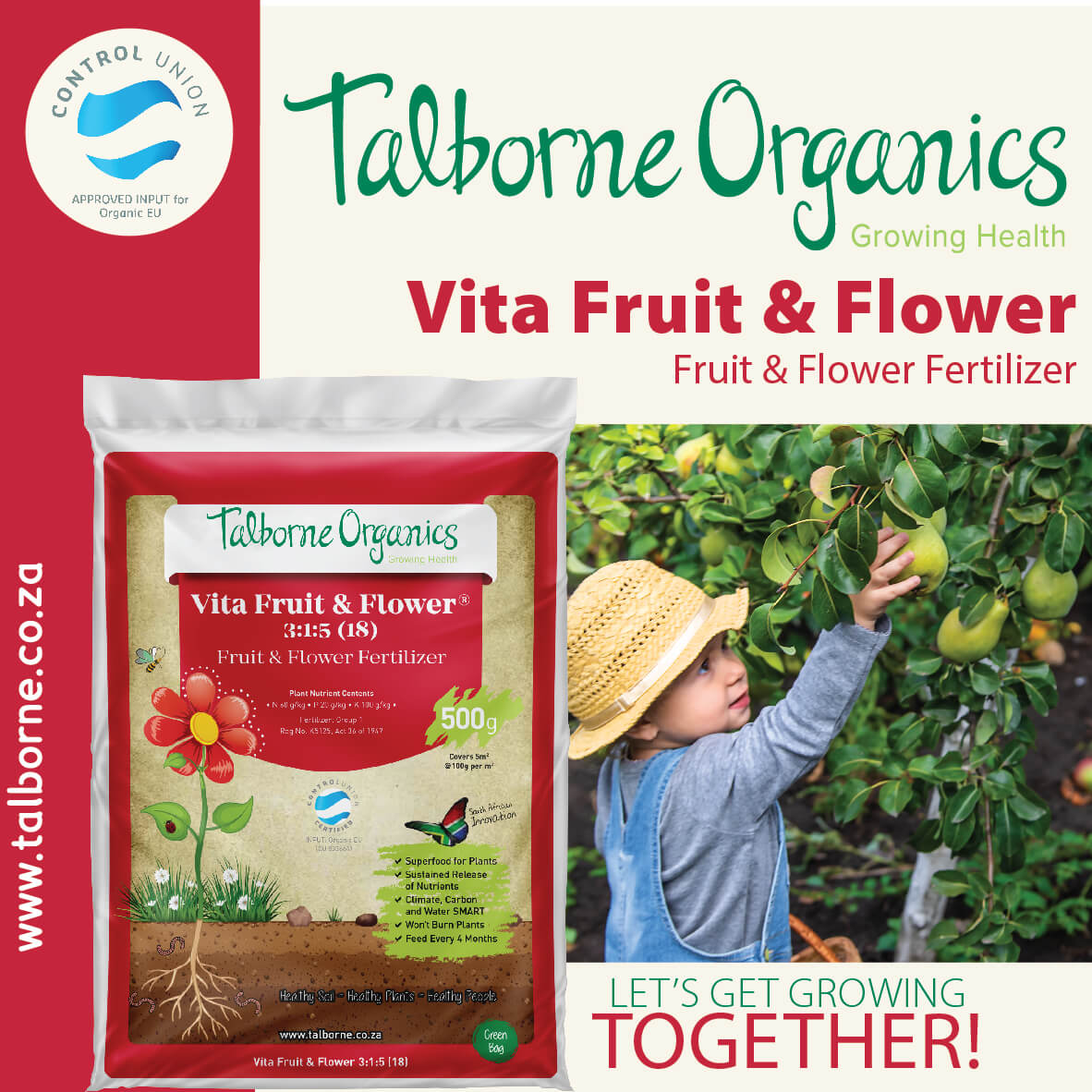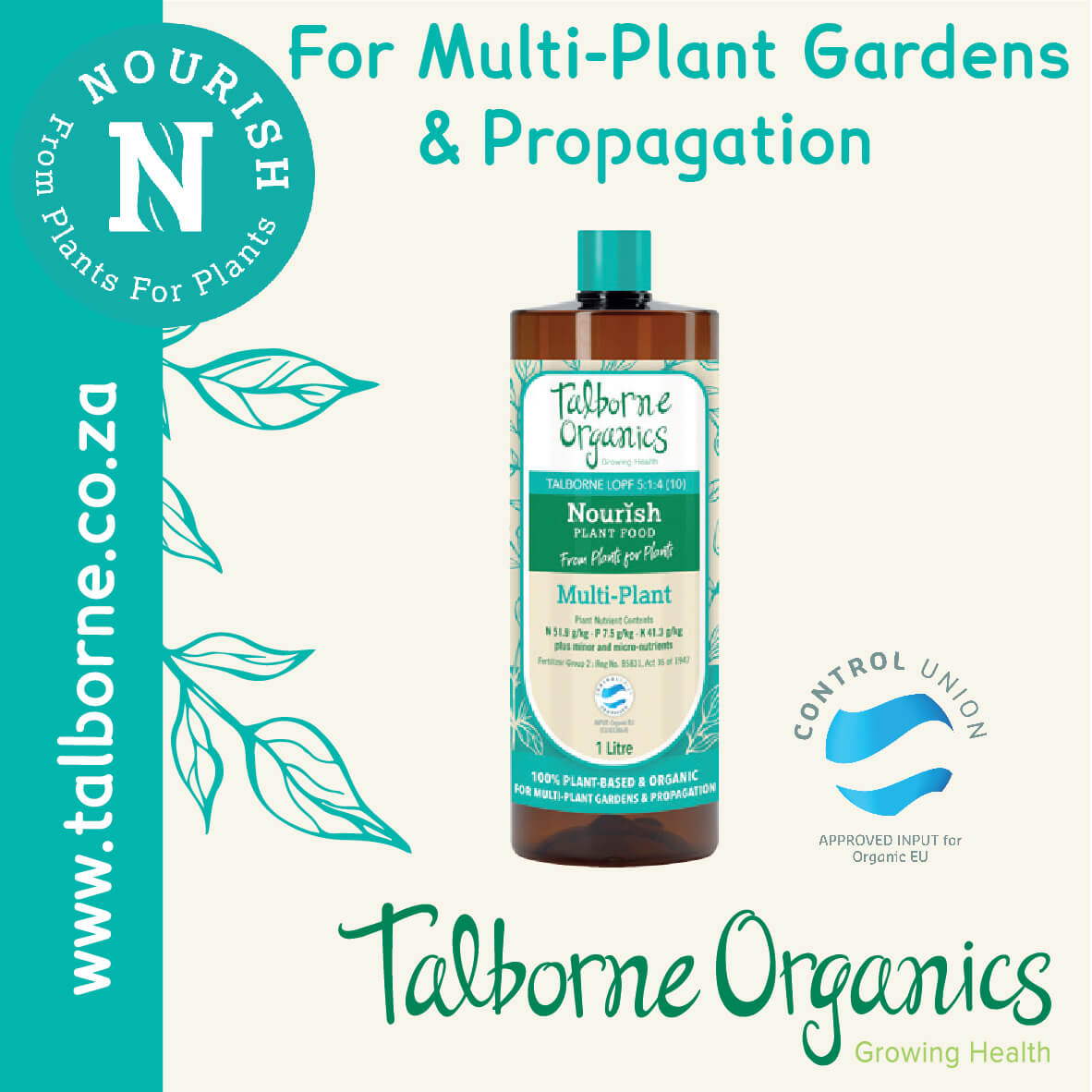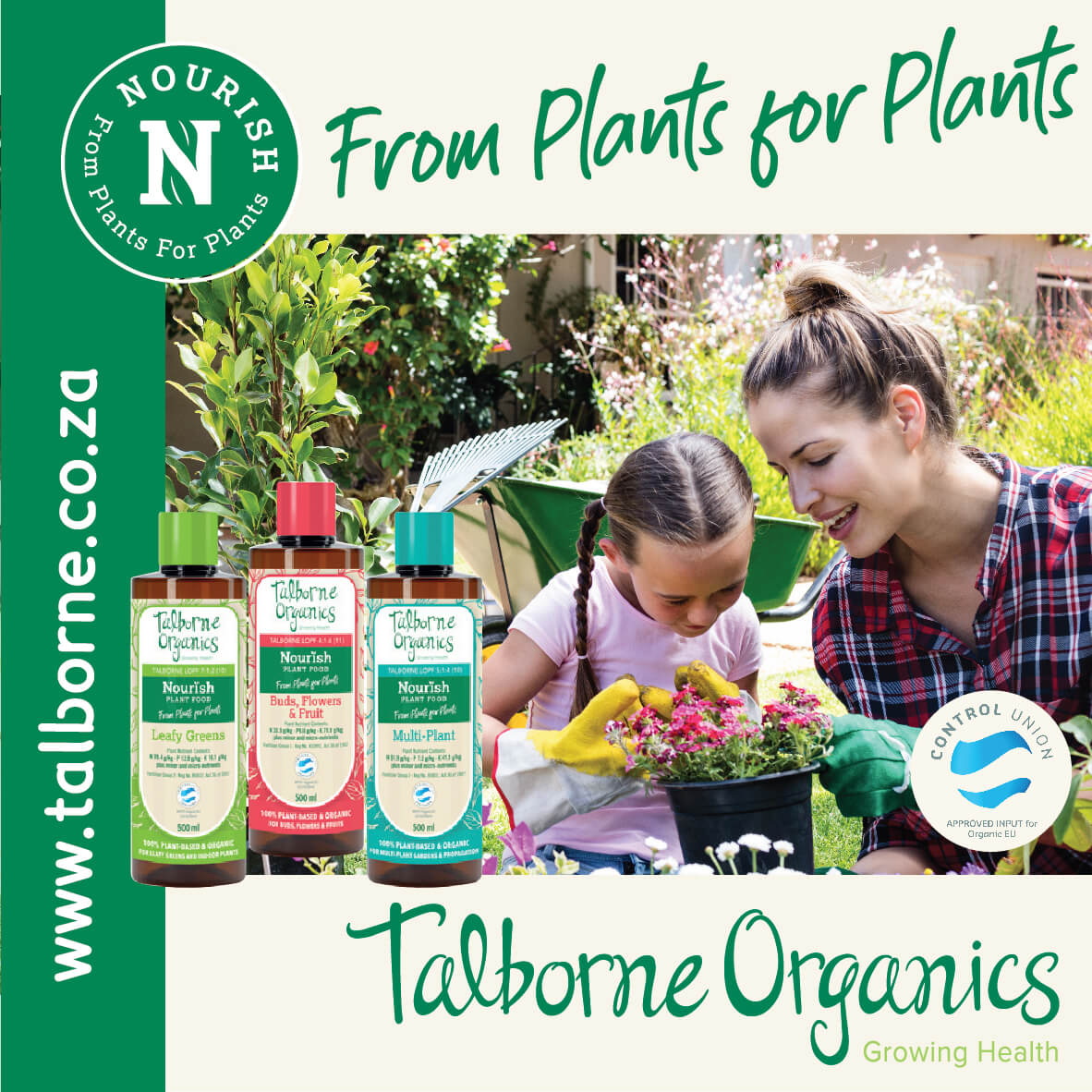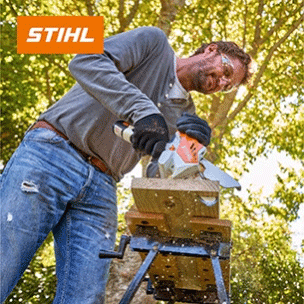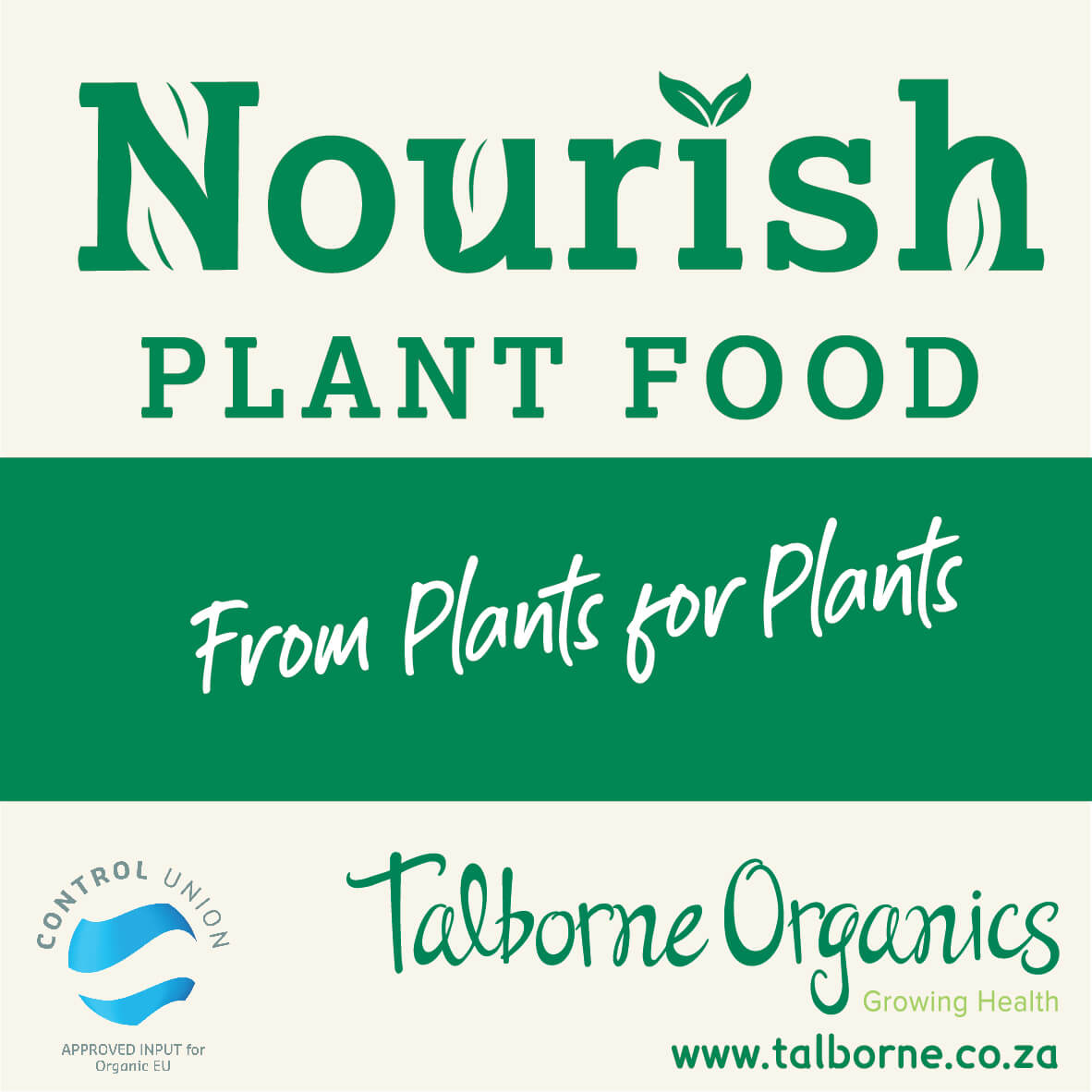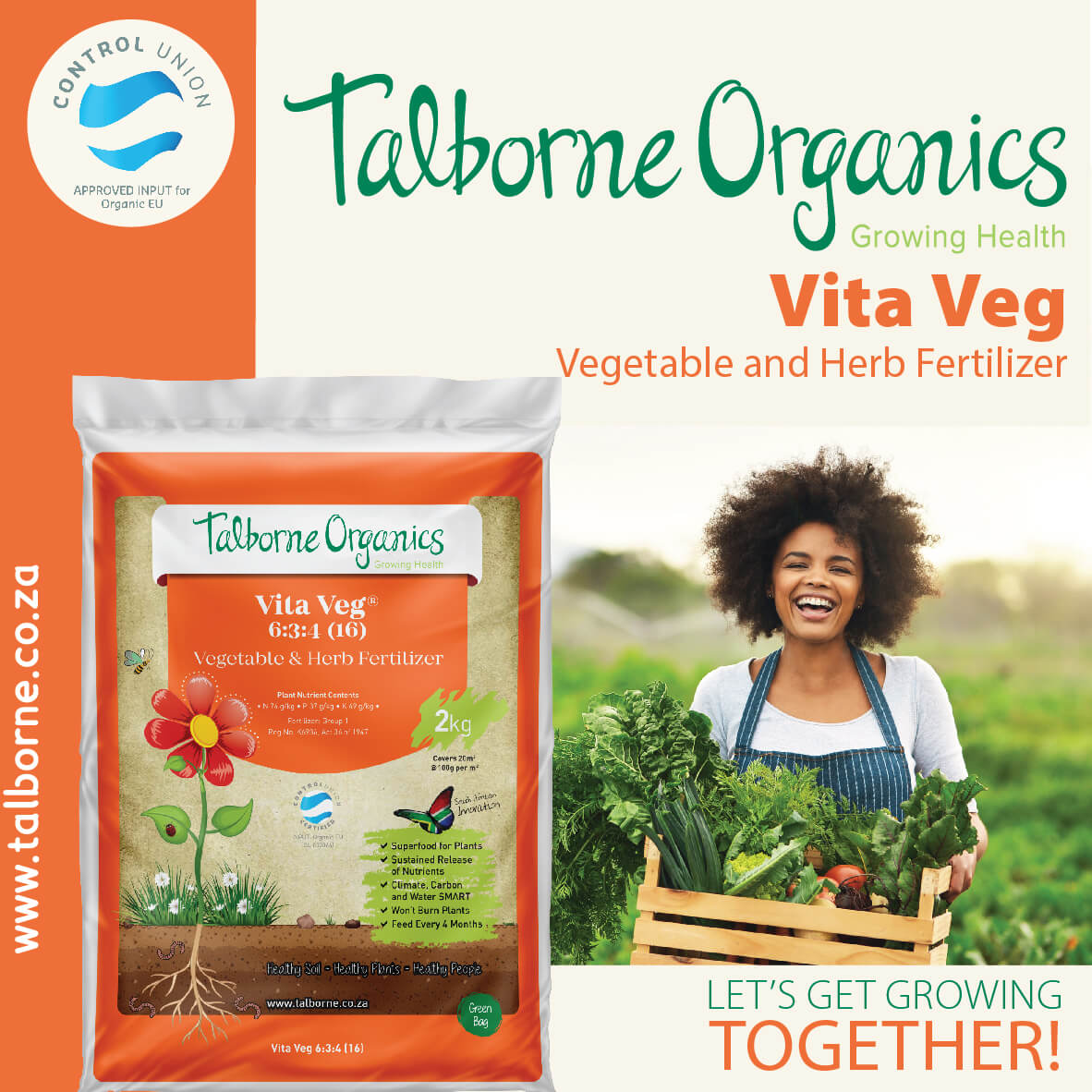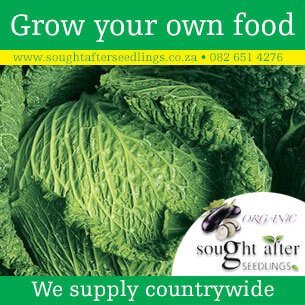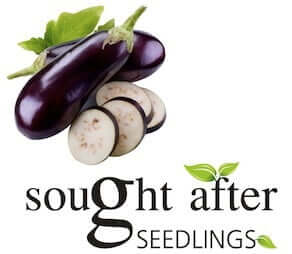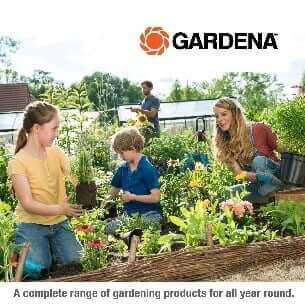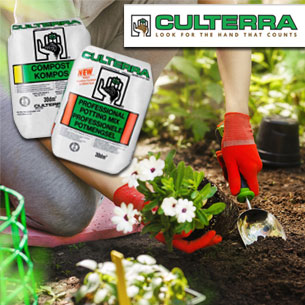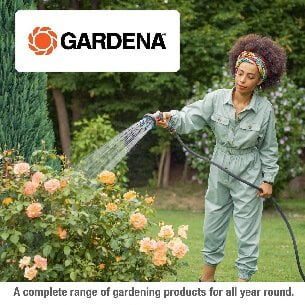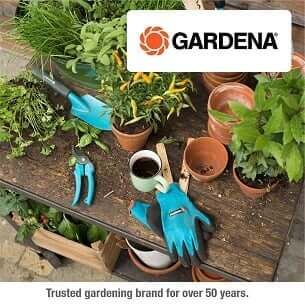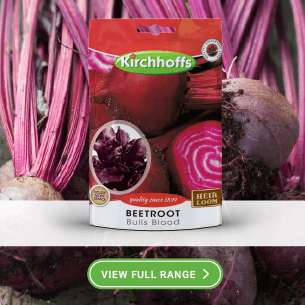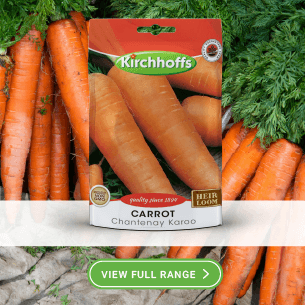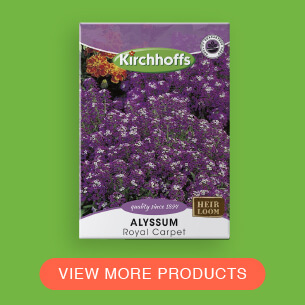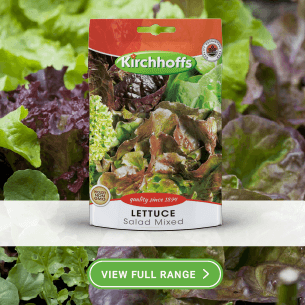Autumn is planting season!
April is the ideal month to be working in the garden. The cool, crisp air encourages gardeners to get their hands dirty while enticing plants to ‘take root’ and get established before the winter. As always however, it is the dream of the glorious ‘flowers to come’ that inspires gardeners to ‘spring’ into action!
Autumn is Winter Bulb time.
Winter Bulbs are amongst every gardener’s favourite. Somehow the intrigue and excitement of planting bulbs are different from other garden plants. The simple fact that a ‘bulb’ contains all it requires to burst into a profusion of exquisite glory, is a true miracle of nature herself. Daffodils, Tulips, Hyacinths and more… Where should one start?
As always, one starts with the soil…
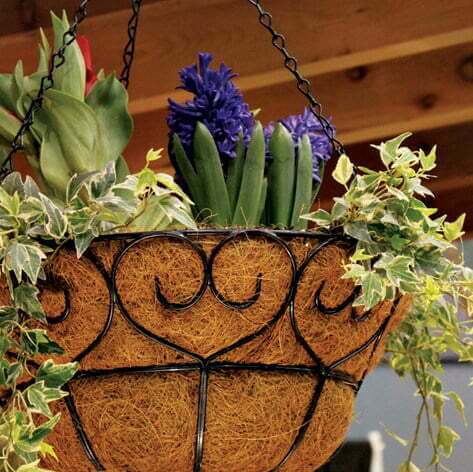
Winter Bulbs such as daffodils, muscari, hyacinths, tulips and lachenalia are commonly planted into containers. Container plantings are easier to maintain and add instant interest both in and outdoors.
Bulbs and winter annuals should be planted directly into potting medium only. There is no need to incorporate compost into the soil mix, however, the addition of a phosphate-rich fertilizer (bone meal or superphosphates) will enhance flowering and extend plant growth. Bi-weekly foliar feeding should be standard practice with container plants.
Bulbs being planted up into hanging baskets, window boxes and other decorative containers should all be planted using potting soil. To ensure the plantings are colourful from day 1, incorporate winter flowering annuals in the containers mixing colours and shapes for a stunning colour display.
Winter Bulbs for the garden such as ranunculus, sparaxis, watsonia’s, anemones and freesia’s etc, create a mass of stunning colour in early spring. The secret to success with garden bulbs is well-draining, friable soil. Prior to planting be sure to incorporate compost in a ratio of 50:50 with existing garden soil. Compost enriches and enhances the existing soil, replenishing nutrients lost during the recent growing season and enriching the remaining soil with organic goodness and microbes.
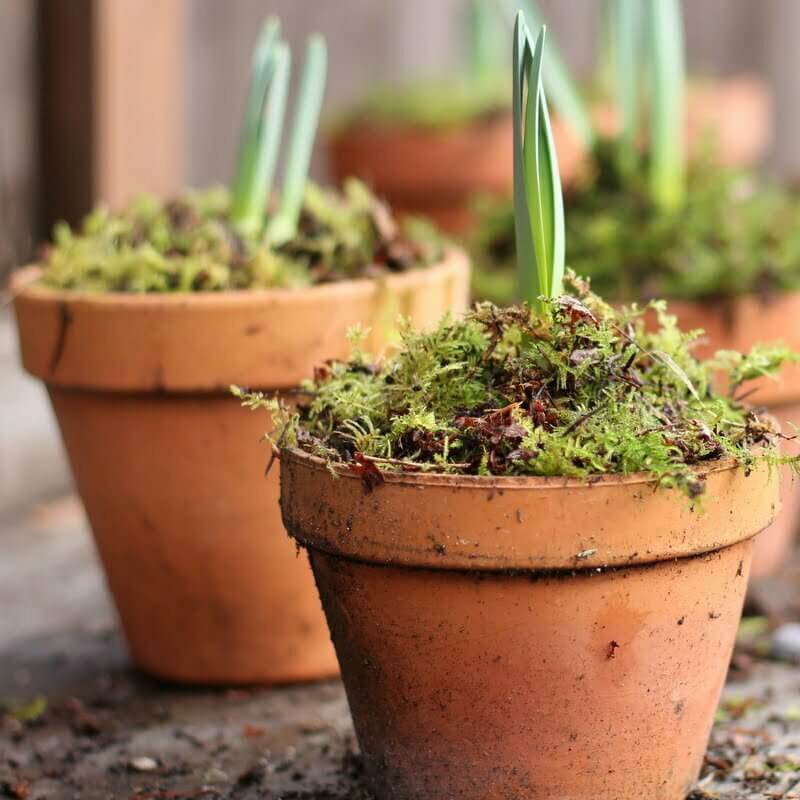
When doing general garden maintenance, work 1 x 30dm2 bag into every 5m2 of garden soil to ensure the soil is enriched and packed with active beneficial microbes essential to plant growth.
Whilst you’re out there getting your hands dirty, don’t forget that now is the ideal time to plant two of our most popular flower seed varieties. Namaqualand Daisy seed is ideally scattered over large open areas – they germinate easily with minimal TLC. Sweetpeas are a fragrant joy worthy of every garden! With a wide selection of colours and heights to choose from, there are no excuses as to why you should NOT give them a try!








